This collection now holds 228,677 records drawn from WO 421 at The National Archives, Kew.
Most records relate to the discharge of over-age personnel who served during the Second World War (1939–1945), though the collection spans 1921–1959. It covers twelve corps, including the Royal Military Police, Royal Army Pay Corps, Royal Pioneer Corps, Intelligence Corps, and Non-Combatant Corps, among others.
Each service member has a packet that may contain attestation forms, statements of service, B102 tracer cards, and B103 service and casualty forms. Between them, these documents can provide name, birth date and place, occupation, height, weight, distinguishing marks, next of kin, nationality, religion, residence, marriage details, death details, enlistment and discharge dates, regiment, and service number. Medical and conduct forms were excluded for privacy reasons.
I found records indexed for people mentioned in the document, and index entries where the indexed member couldn’t be found in the linked document.


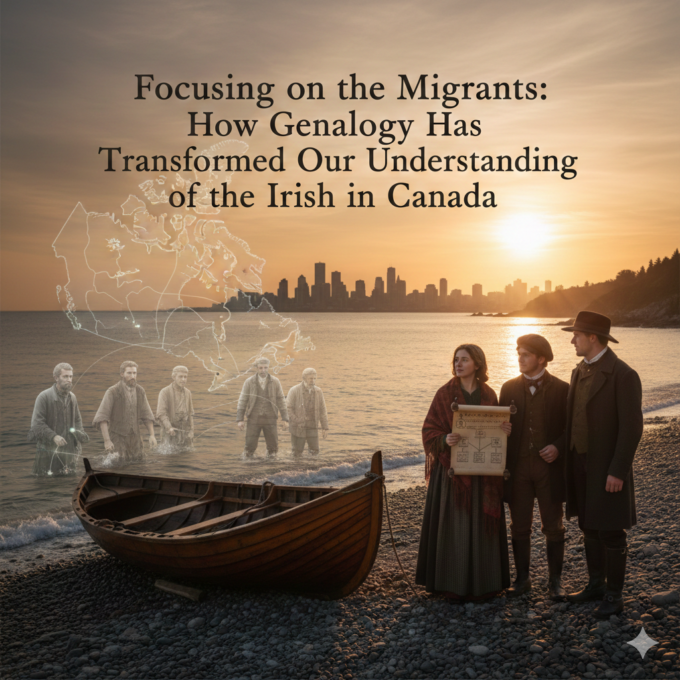
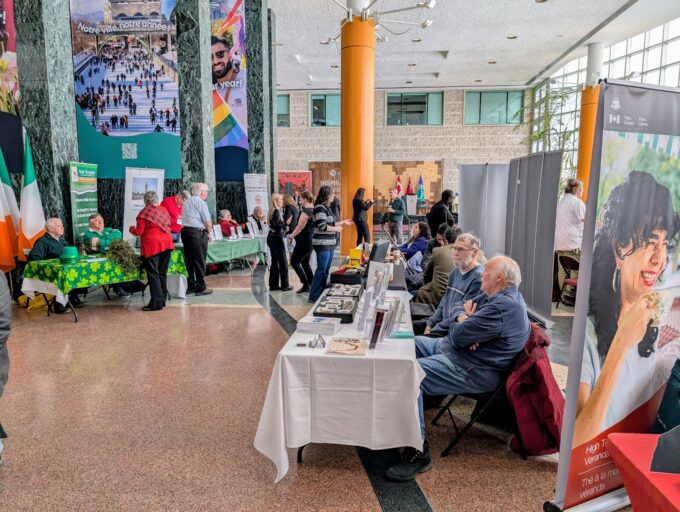
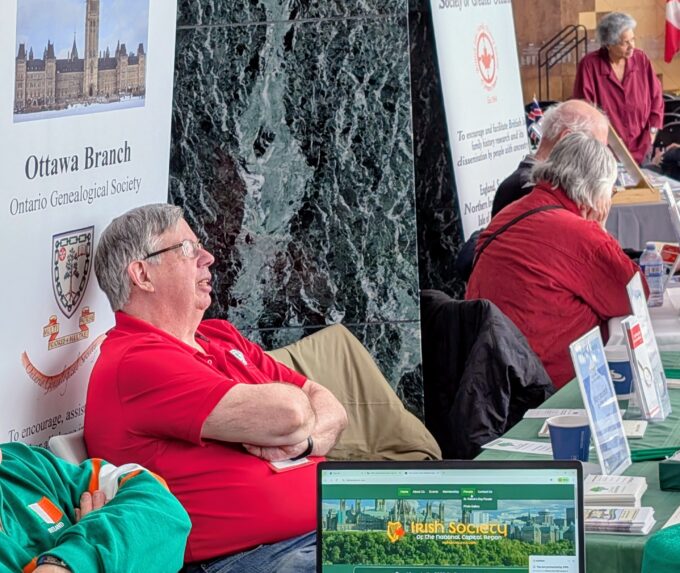
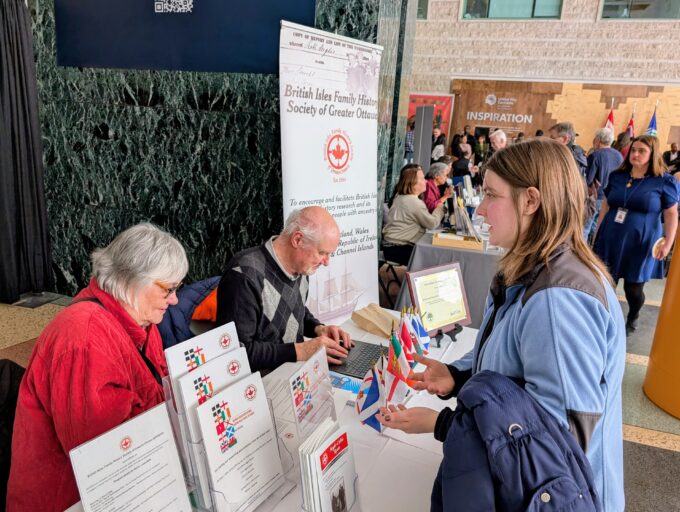
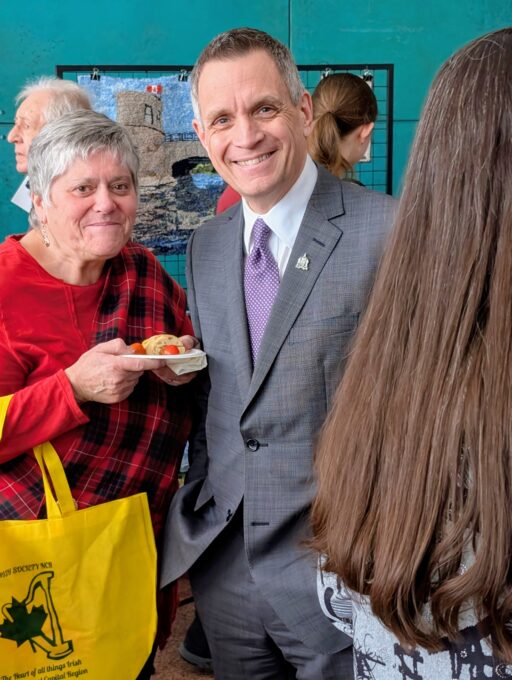
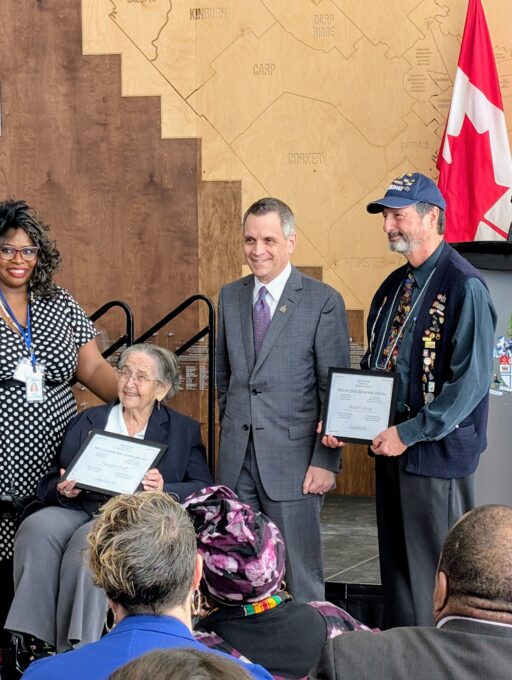
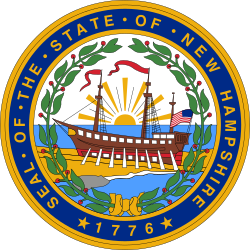 I usually omit any mention of US records. These new and updated New Hampshire records drew my attention because they included a couple of unusual record types, and the state borders Quebec.
I usually omit any mention of US records. These new and updated New Hampshire records drew my attention because they included a couple of unusual record types, and the state borders Quebec.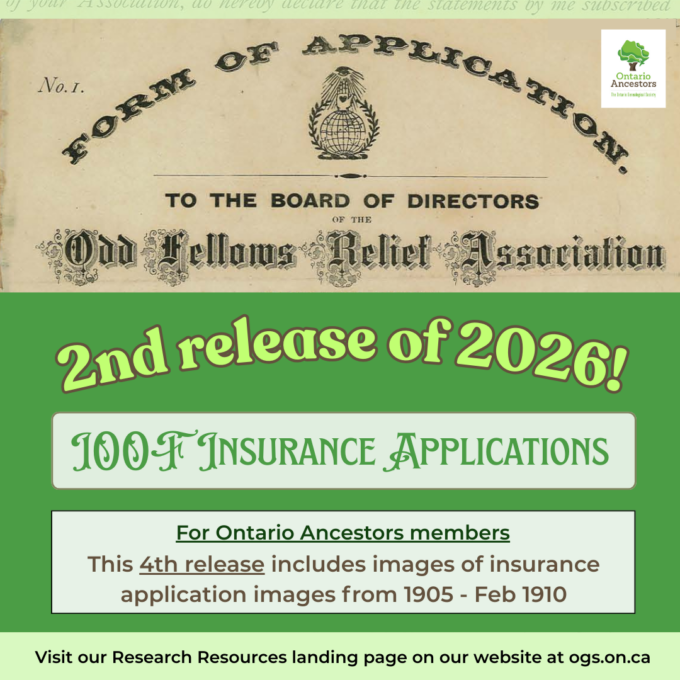

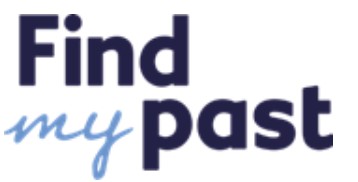 This week, FMP adds over 267,000 new records from Lancashire and Yorkshire, plus 286,735 pages new newspaper pages.
This week, FMP adds over 267,000 new records from Lancashire and Yorkshire, plus 286,735 pages new newspaper pages. Like most federal departments, Library and Archives Canada is adjusting to reductions announced in the 2025 federal budget and the ongoing Comprehensive Expenditure Review.
Like most federal departments, Library and Archives Canada is adjusting to reductions announced in the 2025 federal budget and the ongoing Comprehensive Expenditure Review.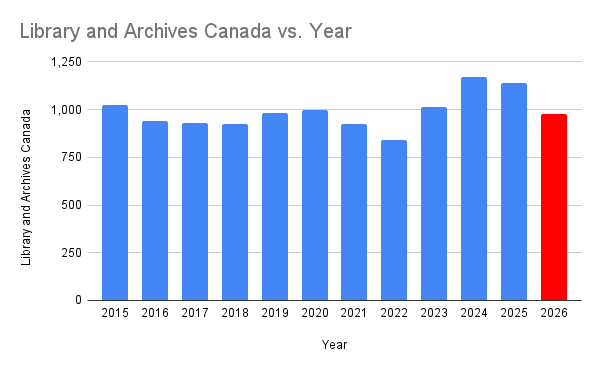 It remains to be seen where the axe will fall within LAC. We have to read the tea leaves to judge the impact on the now delayed opening of Adisoke. Will LAC cut what appears to be an unnecessarily cautious ATIP procedure regarding WW2 service files? Will robust digitization reduce demand for producing archival documents? Will we have to wait until the Estimates document is tabled to find out?
It remains to be seen where the axe will fall within LAC. We have to read the tea leaves to judge the impact on the now delayed opening of Adisoke. Will LAC cut what appears to be an unnecessarily cautious ATIP procedure regarding WW2 service files? Will robust digitization reduce demand for producing archival documents? Will we have to wait until the Estimates document is tabled to find out? This coming Saturday, 14 February 2026, the BIFHSGO monthly meeting will be online only. After the presentations, attendees are invited to turn on their video and microphone for an online social.
This coming Saturday, 14 February 2026, the BIFHSGO monthly meeting will be online only. After the presentations, attendees are invited to turn on their video and microphone for an online social.